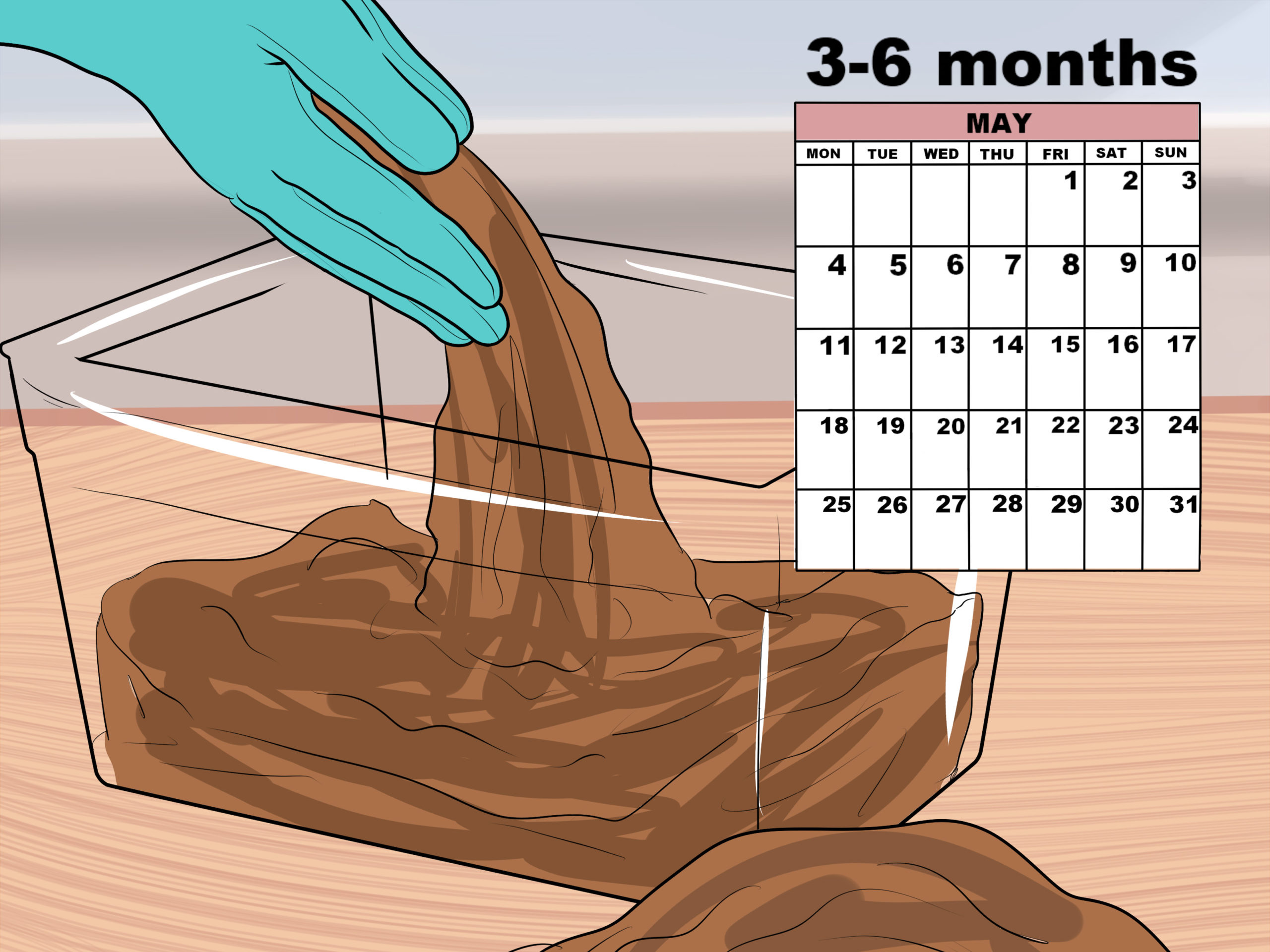Introduction
If you’re an avid angler, you know that having fresh, lively bait can make all the difference in your fishing success. Garden worms are among the most effective and accessible baits, prized for their natural appeal to a wide range of fish species. However, keeping garden worms healthy and active for fishing requires proper care and storage techniques. This article dives deep into how to keep garden worms for fishing, ensuring you always have quality bait ready when you hit the water.
We’ll cover the best practices for selecting, storing, and maintaining garden worms, expert tips on creating an ideal worm habitat, and advice on how to keep your worms fresh longer. Whether you’re a beginner or seasoned fisherman, understanding these essentials will boost your bait’s lifespan and improve your fishing experience.
Why Keep Garden Worms for Fishing?
Garden worms are a favorite among anglers for several reasons:
- Natural and enticing bait: Fish are naturally attracted to the wriggling movement and scent of worms.
- Cost-effective: You can harvest worms from your own garden or purchase them cheaply.
- Sustainability: Using garden worms reduces reliance on artificial or less eco-friendly baits.
However, worms are living creatures that require specific conditions to thrive. Proper storage ensures they stay lively and appealing, which directly impacts your fishing success.
Choosing the Right Worms for Fishing
Not all worms are equally suitable for bait. Here’s how to select the best garden worms:
Types of Worms
- Nightcrawlers (Lumbricus terrestris): Large and vigorous, ideal for bigger fish.
- Red wigglers (Eisenia fetida): Smaller, great for panfish and trout.
- European earthworms (Dendrobaena veneta): Good all-around bait.
Selecting Healthy Worms
- Choose worms that are active and plump.
- Avoid worms that are too dry, slimy, or lethargic.
- Harvest from pesticide-free soil to ensure worms are healthy and toxin-free.
How to Store Garden Worms for Fishing
Proper storage is crucial to keep worms alive and active. Here’s how to create an optimal environment:
Container Selection
- Use ventilated containers like plastic bait boxes or small terrariums.
- Ensure the container has drainage holes to prevent moisture buildup.
Bedding Material
- Use moist soil, peat moss, or shredded newspaper as bedding.
- Keep bedding damp but not soaking wet to avoid drowning the worms.
Temperature and Humidity
- Maintain temperatures between 50°F and 70°F (10°C to 21°C).
- Avoid direct sunlight and extreme heat.
- High humidity helps prevent worms from drying out.
Feeding the Worms
- Feed scraps like vegetable peelings, coffee grounds, or crushed eggshells.
- Avoid citrus, oily foods, or meat scraps that can harm worms.
Regular Maintenance
- Remove dead worms and spoiled bedding to prevent mold.
- Fluff bedding occasionally to provide oxygen.
Tips to Keep Worms Fresh Longer
Maintaining worm vitality enhances bait effectiveness. Follow these expert tips:
- Rotate bedding weekly to keep it fresh and reduce odors.
- Store worms in a cool place, such as a basement or garage.
- Avoid overcrowding; space helps prevent stress and disease.
- Use moist newspaper layers on top to maintain moisture balance.
- Harvest worms during cooler parts of the day to reduce stress.
Common Mistakes to Avoid
- Overwatering the bedding, which leads to suffocation.
- Storing worms in sealed containers without ventilation.
- Feeding inappropriate materials causing harm or bad odors.
- Exposing worms to direct sunlight or freezing temperatures.
Conclusion
Keeping garden worms for fishing is a practical and rewarding approach to bait management. By selecting healthy worms, providing an ideal storage environment, and following expert care tips, you can ensure your bait stays lively and effective. Remember, the key is maintaining optimal moisture, temperature, and cleanliness.
Next time you prepare for a fishing trip, consider cultivating your own garden worms. With a little care and attention, you’ll have a sustainable, cost-effective source of bait that can improve your catch rates significantly. Start today and enjoy the benefits of fresh, wriggling bait whenever you need it!
